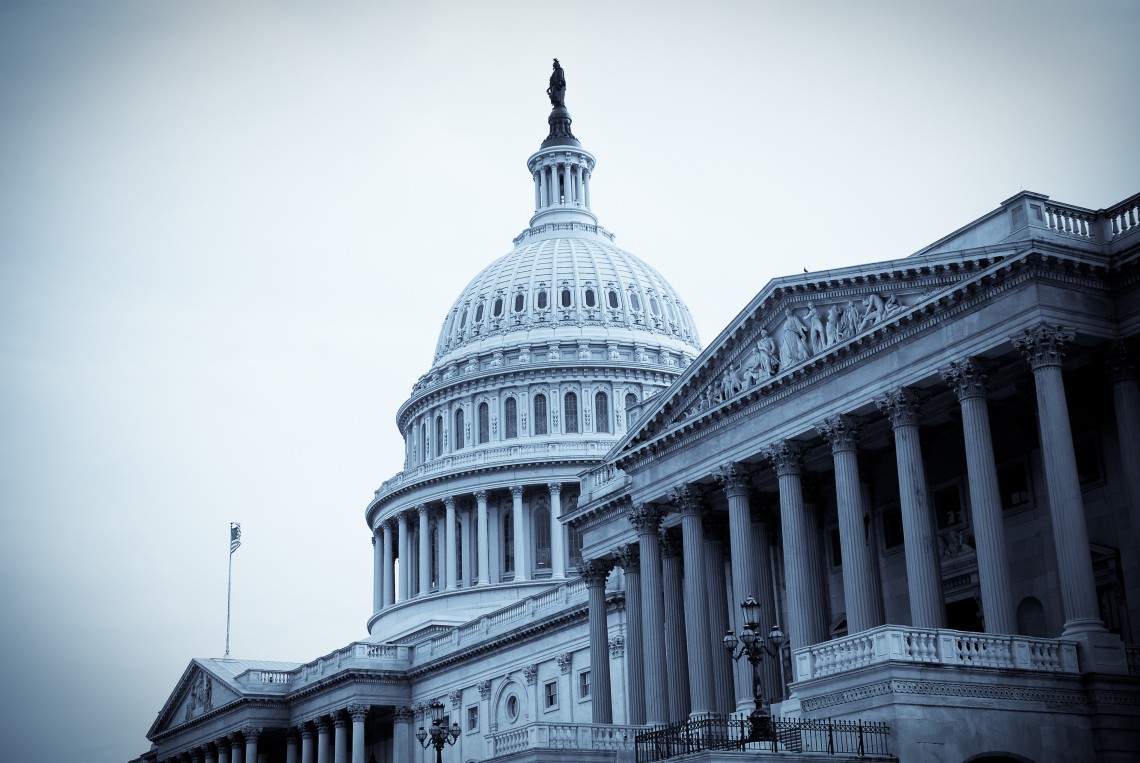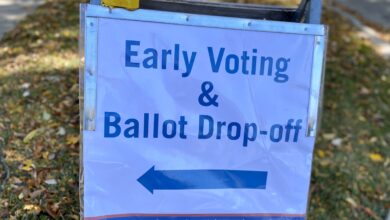When looking back on American politics for the year 2021, historians will likely have much to think about. The aftermath of the 2020 election continues to have a massive impact on the lives of many Americans and the lawmakers who speak for them in the public square. This has been a year in flux in so many ways. Both the Democrats and the Republicans have had many arguments about public policy and how best to implement it. They’ve also had party battles that have been quite fiercely fought across many arenas. Not all Democrats are on board with many of the party’s most cherished initiatives. The same is true of many Republican party officials right now.
Of all the many issues that have created arguments across the aisles, questions related to issues revolving around child care have been some of the most contentious. Parents and child advocacy groups have spoken up loudly in favor of efforts to help parents raise their kids with help from the government.
Lawmakers have argued about the obligations of parents when it comes to caring for their children. They do not believe that the government should play a role in helping parents or they argue the government must take a leading role in the process. Many parents have struggled to understand what is going to happen next when it comes the kind of legislation that is being proposed on their behalf. Governmental policies have undergone certain changes when Democrats took control of the government in the aftermath of the 2020 presidential and the new congressional elections. These changes continue to be a source of tension between parents and the two American political parties that govern how such laws are imposed.
One of the major policy goals that Democrats have advanced is to help parents pay for the costs of bringing up their children. When president Biden and the Democrats took control of both houses of Congress, they put a stimulus package in place that was designed to address this issue and help make it easier to provide for the needs of American children. As part of what was called American Rescue Plan, Democrats increased the child care tax credit. This credit actually covers about nine in ten American children. The new credit that they put in place has covered more than sixty-five million American children. It created a series of monthly payments that have been directly deposited in parent’s bank accounts via the Internal Revenue Service.
A Lot of Success
The child care credit tax payments have been judged highly successful according to many metrics. Parents have been able to pay for basic necessities such as food and rent that many struggled with before this credit. They have also been able to use these payments to pay for the cost of care when one or more parents are at work. Officials who look closely at this credit believe that it has had a powerful effect on the lives of many American families. In fact, they believe it has ultimately reduced the number of children in poverty by over forty percent. This is compared to the previous years when parents did not have access to such a credit. They believe that it should be continued in the future in order to help parents pay for many essentials.
Ending in December
While the credit has had a lot of support by parents and many in the current administration, it has also created certain controversies. Many elected Republican officials argue that it has not been as successful as claimed. They also argue that it has increased the deficit and driven up inflation. In doing so, they argue that credit has decreased a family’s purchasing power. This they suggest, has made it a harder for parents to pay their bills even with the infusion of funds. They are not in favor of continuing this credit in the upcoming fiscal year.
The credits are supposed to end in December. However, Democrats wish to continue extending them to millions of American families in 2022. President Biden and his fellow Dems have created a bill they call the Build Back Better bill. The bill has many provisions that directly touch on the lives of many American families. One of the single most important of the provisions of this legislation is the extension of the credit care payments into the next fiscal year.
However, while they are deeply popular with many American parents, legislative officials appear unable to come up with terms that everyone can agree upon. This new bill will likely continue to face opposition by Republicans and at least several Democrats in both houses. This means that many parents and others who care for children are left in limbo. They are not sure what will happen to their own budgets in the new year. They are also not sure what legislators will ultimately decide to do or how it might impact their own child care plans.
As a result of this disagreement, one thing is for sure. There will be no more such child care payments in January. That’s why Americans may wind up with two potential child care payments if the bill should pass by February.
Jen Psaki is the voice of the Biden administration. As press secretary she’s stated about this possibility, “If we get it done in January, we’d talk to Treasury officials and others about doing double payments in February as an option.”
In her opinion and the opinion of many who watch this issue closely, this is very much a priority for the President. He hopes to see this happen when Congress returns for their mid winter recess. He is hopeful that many legislators will agree to his terms and continue to give millions of Americans access to direct cash payments for their children.
Payment Amounts
In 2020, American parents have received a monthly child tax credit. Americans with children under six years old have been getting three hundred dollars per month for each child in their family who is that age. Parents who have children aged six to seventeen have also been getting payments of two hundred and fifty dollars per child each month from the Biden administration. That means that parents with at least one child under six are getting thirty-six hundred dollars in direct payments from the American government. Those with children from six to seventeen are getting three thousand dollars a year in such payments from the federal government.
If your family has been receiving such funds, it’s wise to bear in mind they will likely stop in January. That’s why it is a good idea to keep this in mind if it’s a major part of your personal and family budget. At the very least, they are unlikely to resume until Congress returns from break in February.
A Divided Senate
While president Biden and many Dems want to see these payments continue, many Republicans and a few Dems dislike the bill and the payments. Democrats hold a thin majority in the Senate. They are reliant on every single vote. Two Democrats have stood up and said they are not in favor of this bill. Senator Joe Manchin speaks for West Virginia. Kyrsten Sinema is one of the senators for Arizona. Both have stated they do not agree with the terms of this bill including the child care provisions.
At the same time, lawmakers also realize that such payments are deeply popular. Many American parents appreciate having the funds in their account. They also like paying less in taxes. Lawmakers who argue against the tax credit may face constituents back home who wonder why they would like the payments to end. Many parents and other advocacy groups who speak on their behalf have been lobbying for the process to continue. They point out that many stats show that many American families have benefited greatly from having money they know they can count on each month to help them pay their most important bills.
This bill is expected to continue to evolve in December.






